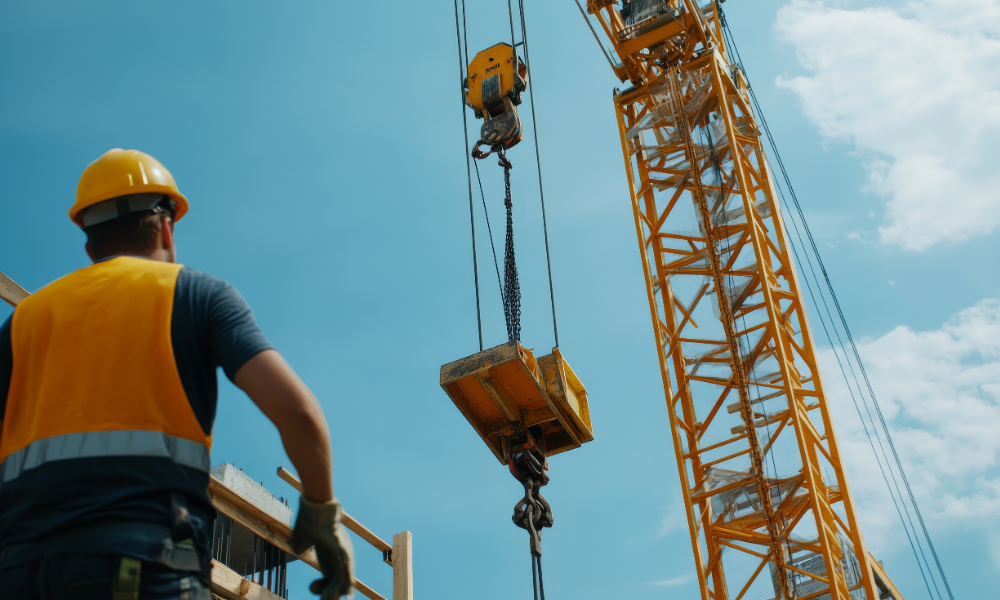Why stricter regulations mean higher demand for environmental safety specialists

The role of the environmental health and safety officer has been steadily growing in the Canadian economy and labour market and it’s being fuelled by public perception about heavy industry. That’s according to Geni Peters, director of research at Eco Canada, an organization that strives to champion Canada’s environmental sector.
“We see lots of news stories these days about the giant garbage patch in the middle of the Pacific Ocean, we see stories about the impact of pipeline breakdowns and leaks… the impact of forestry on wildlife,” says Peters. That public pressure has forced governments to implement stricter regulations and requirements for industries.
For someone like Allison Barrett, the shift towards putting an emphasis on environmental safety has meant plenty of job opportunities. She worked as an environmental consultant for more than 20 years in mining as well as oil and gas.
Read more: Environmental safety specialist excited to be back in the field
“We’re all tied together,” says Barrett, who remembers a time when the focus was strictly on humans during potentially dangerous incidents. “For a long time, it was 'anyone hurt? No. Then, okay, we're good'. But now, I think we've managed to get closer to closing the loop on that.”
Barrett says concerns about the environment are now a close second when something goes wrong.
“Was anyone hurt? Do we need to do anything about that, but the second one is now, 'okay, how about the environment? Did it get loose? Did it get outside the plant? Did it get into the water, the air, the soil? And if so, what do we need to do about that?'”
Read more: Devastating Hurricane Fiona creates high-risk environment for rescue workers
With the environment and occupational health and safety going hand in hand, both Peters and Barrett acknowledge there is likely to be some overlap in roles. The size of the company as well as the type of work it does will likely determine whether it has an EHS officer.
Peters says bigger companies and those directly impacting the external environment are more likely to employ someone in this role. But smaller organizations may roll all the safety duties into one position because people tend to wear multiple hats, while in larger organizations it's more of a split.
Barrett now works for one of those bigger companies, chemical manufacturer BASF Canada, and is part of a much larger safety team. She likes this approach because it allows the strengths and talents of the team members to shine and mesh together, convering the whole of environment, health, safety and security.
For anyone interested in working in an EHS position, Peters says in addition to the highly specialized education required, there are some complementary skills they should try to develop.
One of them is communication and “the ability to convince others of the importance of the program mandates,” says Peters. And the other is leadership: "Leading by example, by making sure the organization is aware of the mandates, aware of the programs that have been designed, and that they’re able to get buy-in from all of the staff at all levels of the organization.”
The future of the position and whether it will continue to grow depends on the Canadian economy according to Peters. She says if it moves towards a more technology and financially based economy, then the need for EHS officers may decline. But if it continues to move toward heavy industry activity? "Then we’re definitely going to see more growth in the environmental health and safety roles.”





